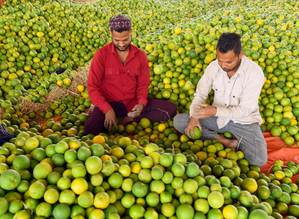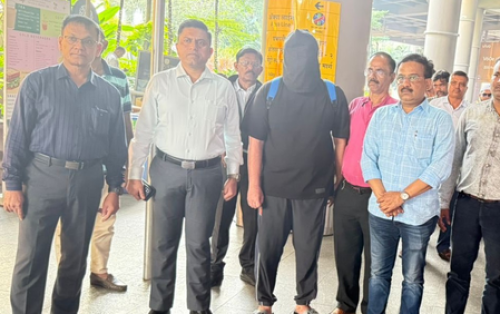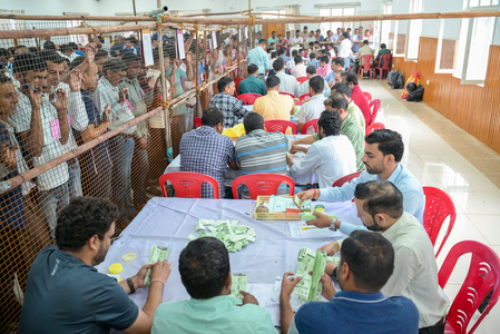New Delhi, Sep 21 (IANS) Nine Clean Plant Centres will be established across the country as part of the recently approved Rs 1,765.67 crore Clean Plant Programme (CPP), the government said on Sunday.
The programme aims to boost India’s horticulture sector by providing virus-free planting material, an official statement said. A $98 million loan from the Asian Development Bank supports the initiative focused on key fruit crops, including grapes, oranges, and pomegranates.
Of the nine clean plant centres, three will be set up in Maharashtra at a cost of Rs 300 crore: Pune for grapes, Nagpur for oranges, and Solapur for pomegranates. Large nurseries will receive up to Rs 3 crore each, while medium units will get Rs 1.5 crore worth of assistance under the scheme, collectively producing 8 crore disease-free seedlings annually.
The government said that the programme will increase yields, enhance fruit quality, and protect small-scale farmers from biotic and abiotic threats.
The Indian Council of Agricultural Research oversees technical progress and facilitates capacity building, the statement said. As of now, 578 grapevine samples from seven states have been tested, while 535 apple samples from Jammu and Kashmir, Himachal Pradesh, Uttarakhand, and Punjab are under testing, with hazard analysis in progress.
The official CPP website has been launched as a central hub for resources, updates, and insights to revolutionise horticulture in India, the statement said.
Further, a national-level laboratory is to be set up in Pune for research on original plant species under CPP. From January to March, teams from ICAR, NHB, and ADB studied nursery ecosystems, design, operations, and cost structures. Then the team conducted lab assessments, strengthened diagnostic and computational capabilities.
Further, they visited public and private labs for developing a bioinformatics pipeline for HTS data analysis under CPP. This will help scientists more quickly and efficiently check for viruses in many types of crops and better test nursery plants to keep them safe and healthy.
If acquired plant material tests negative, it undergoes re-testing before being used to propagate mother plants, the release noted.











